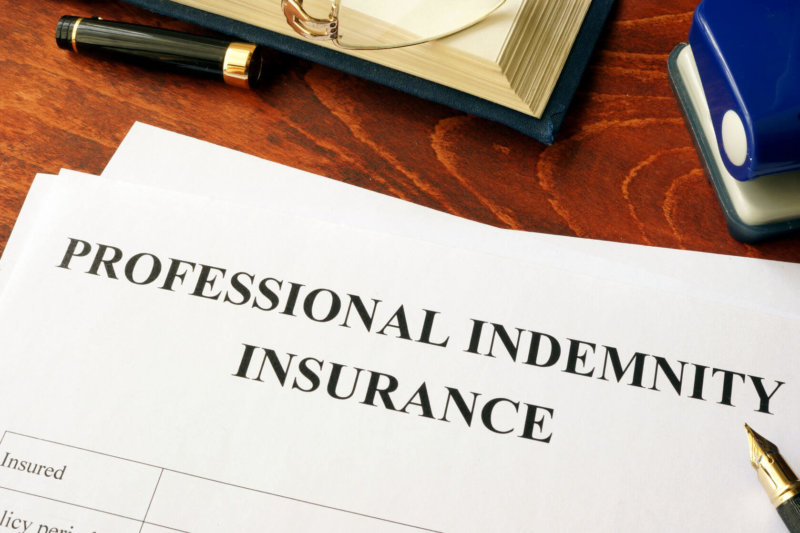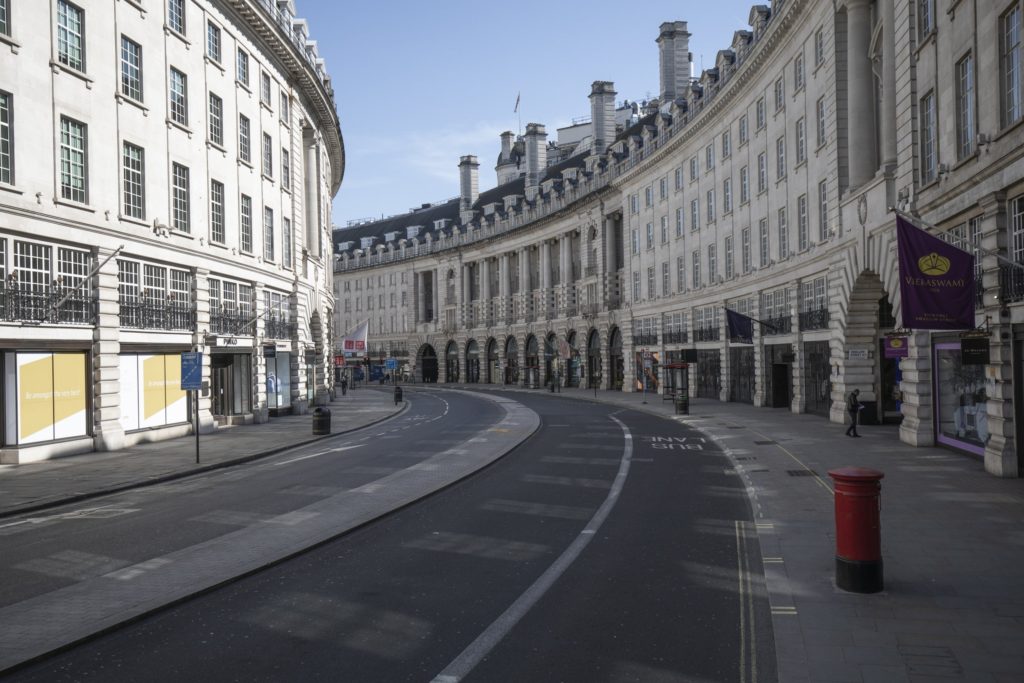
Last July Arlington wrote about the effects of the hardening PI insurance market and the impact we were seeing on property and construction professionals.
Now, all professions are being impacted by the consequences of the Covid 19 lockdown: either in a financial sense with increased premiums or by insurer capacity, with lower limits of indemnity, restrictive wordings or in some cases, certain professions may not being able to obtain renewal terms at all. In this article we will look at the reasons and what businesses can do to prepare themselves.
For over a decade, most professionals have seen stable (and sometimes decreasing) PI premiums: obtaining renewal terms was a relatively easy process with firms often being promised discounts from competing brokers or insurers. However, those firms who have recently renewed their PI insurance (or who are in the process of obtaining renewal quotations) may have noticed that things are changing.
Increased premiums and higher excesses
Insurers have reviewed the business they hold and concluded that the claims that are likely to arise from many professions due to the impact and after-effects of Covid 19 mean they are no longer target business. This is particularly true of firms that are exposed to economic recessionary pressures such as the property, financial and investment sectors.
Whilst some clients may find their 2020 PI premium increase may be negligible, others may find they are being offered similar premiums for say, £1,000,000 of cover in 2020 as they did for £2,000,000 in 2019.
Also, where there has been a significant decrease in a practice’s gross fees, this may no longer equate to any premium reduction whatsoever for 2020.
Policy excesses are also increasing, as insurers seek to protect themselves from future claims.
Reduced insurer capacity
Many insurers are now quoting lower limits of indemnity to ‘cap’ or restrict their underwriting exposure. They may only offer a 50% coinsurance share when quoting renewal terms, meaning that other insurers need to be approached to write the balance; this not only leads to rises in premium but delays whilst additional insurer capacity is sought.
This has been particularly true on some Accountants (quoted company work or historic tax scheme exposure), Asset Managers, Investment Managers, IFAs etc. where there may now only be a handful of insurers UK-wide able to offer cover. Architects, Surveyors and many property professionals will see full cladding and fire safety/combustibility exclusions imposed on their policies.
Insurers asking additional questions
Covid 19 questions are becoming the norm on PI policies with insurers checking whether a business’s day-to-day operations have been affected by Covid 19 to the detriment of their clients. For example:
- How is quality and service being maintained?
- How is the workload being managed by fewer ‘hands on deck’?
- Have any staff have been furloughed?
- Are there are any immediate plans for staff redundancies and if yes, for what roles.
Why is this relevant?
Unqualified staff may have previously been working in an office under close supervision but are now likely to be working from home without supervisory controls. This can lead to errors and in turn, PI claims. Mistakes may happen when no one else is around to observe or notice work processes – which can be difficult if there isn’t anyone around to refer matters to or give a second opinion. Junior or administrative staff may have been furloughed, leaving directors who are not used to administrative functions being responsible for their own diary actions and correspondence.
Where there is interaction with clients via videoconferencing (for example Zoom or Team meetings), the same standard of vigilance and attention to detail should be maintained as would be expected in a face to face meeting and full notes and records kept of such client interactions.
There are also additional risks to remote working/working from home, which can lead to Cyber security issues.
Cyber
The speed in which lockdown was imposed meant that few firms had the chance to fully test their Business Continuity Plans (BCPs) and had to set up remote working practices in very little time. Those firms who had tested their BCPs would never have envisaged working from home for a 4- month period. Many firms may not have had sufficient time or resources to provide laptops or webcams for their staff with many employees having no option but to use their own PCs when working from home. Personal computers may contain non-audited software and apps which may lead to an increased risk of hacking or phishing.
Extra security measures are also needed to ensure Cyber security and safety. Action Fraud (the UK’s national fraud and cyber reporting centre) stated there had been a 400% increase in coronavirus related fraud reports during March 2020.
PI insurers may ask businesses about any additional Cyber Security measures they have recently implemented to counter the enhanced risk posed by remote working, and how businesses ensure data on their employees’ own PCs is secure and virus free. Employees need to be alert to phishing scams or unusual emails. Online payments should be thoroughly checked and preceded by phone calls to verify.
Uncertain times ahead
Unfortunately there is little likelihood of seeing any improvement in the PI market for remainder of this year and probably into 2021: the PI market continues to harden, premiums are increasing, insurers are ceasing to write certain professions whilst the number of insurers is likely to shrink as firms come under increased financial scrutiny in terms of their liquidity.
What can businesses do to help themselves?
- Insurers are taking longer to respond with renewal quotations: you should therefore return your proposal renewal forms a minimum of 4 weeks prior to your renewal date.
- The proposal form is you ‘selling yourself’ to insurers so please take extra care in your renewal presentation and provide supplementary information that explains pertinent issues to insurers.
- Be prepared for additional questions from insurers and be patient for terms to be released. You may not get as much time to consider quotations as you did in previous years.
- Be aware that there may only be one insurer’s renewal quote. Many insurers no longer have the time to quote business that is ‘non-target’ or that they know they will be uncompetitive on.
- Be prepared for your PI insurance to cost more: forewarn and talk with your financial director, decision makers and key clients, particularly if certain levels of PI cover need to be maintained for contractual reasons.
- Do not be surprised if policy extensions of 14-30 days are granted by insurers (this is in line with most professions’ regulatory requirements)
- If you are struggling to obtain compliant PI cover, you should speak to your professional body in good time regarding dispensation, if necessary.
If you would like to discuss any issues raised in this article or are interested in Professional Indemnity or Cyber insurance cover, please contact our Bristol office:
Verena Cole 0117 387 8880 [email protected]
Anna Lloyd 0117 387 8881 [email protected]



